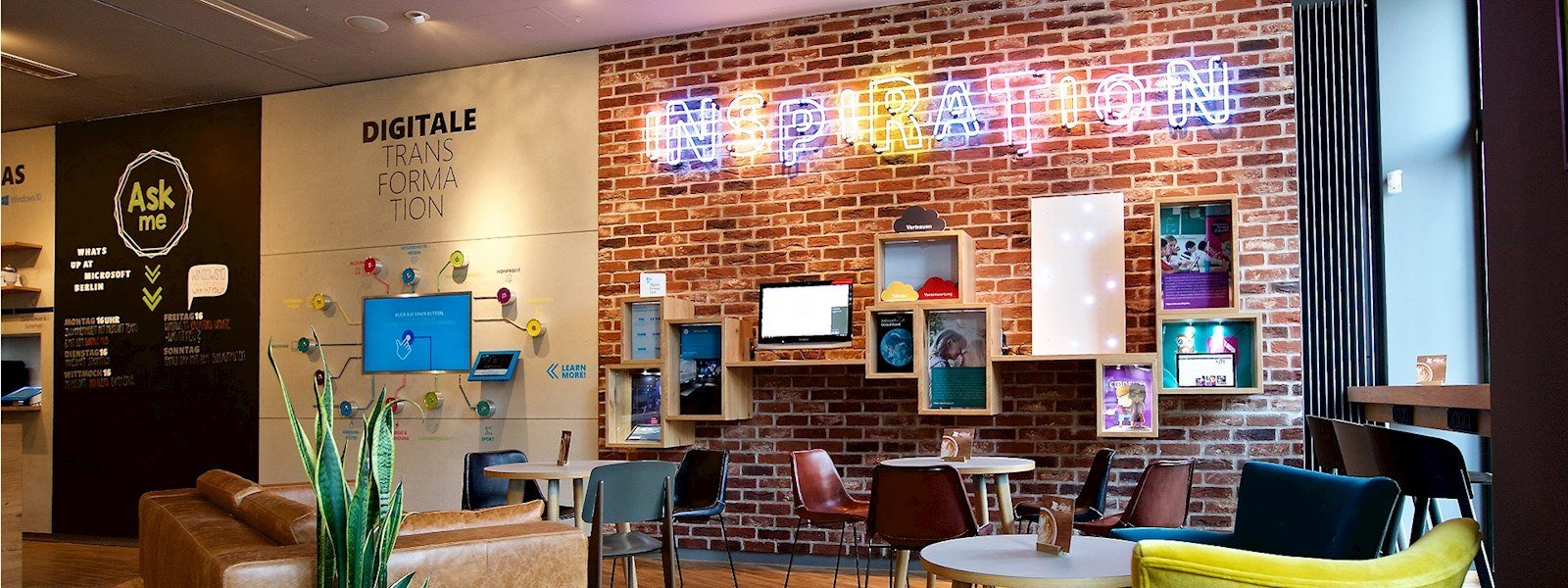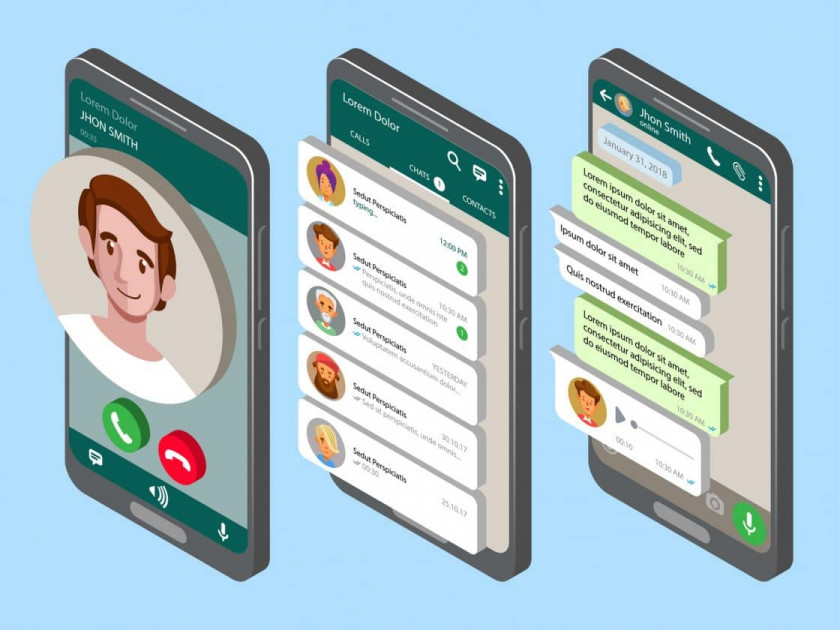Startups have been a driving force in the technology world, they have been a major contributor to coming up with revolutionizing ideas and concepts for the entire industry. As the name itself suggests, it is all about doing something new. Something that has not yet been done.
But innovation and passion is one thing. Business, and keeping it afloat, is a different piece of cake.
It is not an easy task for startups to get the business off the ground and amass clients and, more so, to create and maintain an overall good image. While still faced with many challenges, there are also extra impediments that will hinder the full participation of a business in the startup ecosystem. Funds top this list.
In the event of all these hurdles, Microsoft announced an initiative known as Microsoft for Startups (known also as the Bizspark program) which was a $500 million investment by the Redmond giant and other investors. The program is said to be an opportunity whereby young firms would benefit by creating, developing, and marketing enterprise-level software.
What is actually going on behind the curtains? Microsoft will provide unlimited 3-year licenses to all their products and a free MSDN gold subscription. Microsoft for Startups is, in essence, “a new program that delivers access to technology, go-to-market and community benefits that helps startups grow their customer and revenue base.”
According to Microsoft, a startup—given 3 years on the market—should have enough time to capitalize on the available free resources to gain grounds. After the aforementioned period, companies will be expected to pay for the licenses, which, to most software companies, is at the crux of the matter. Though on the bright side, they will not have to pay for the time they actually used for the 3 initial years. Therefore, for startups that face the imminent frustrations of lack of funds for licenses and platforms to start with, .NET and Microsoft for Startups program is a great way to begin.

